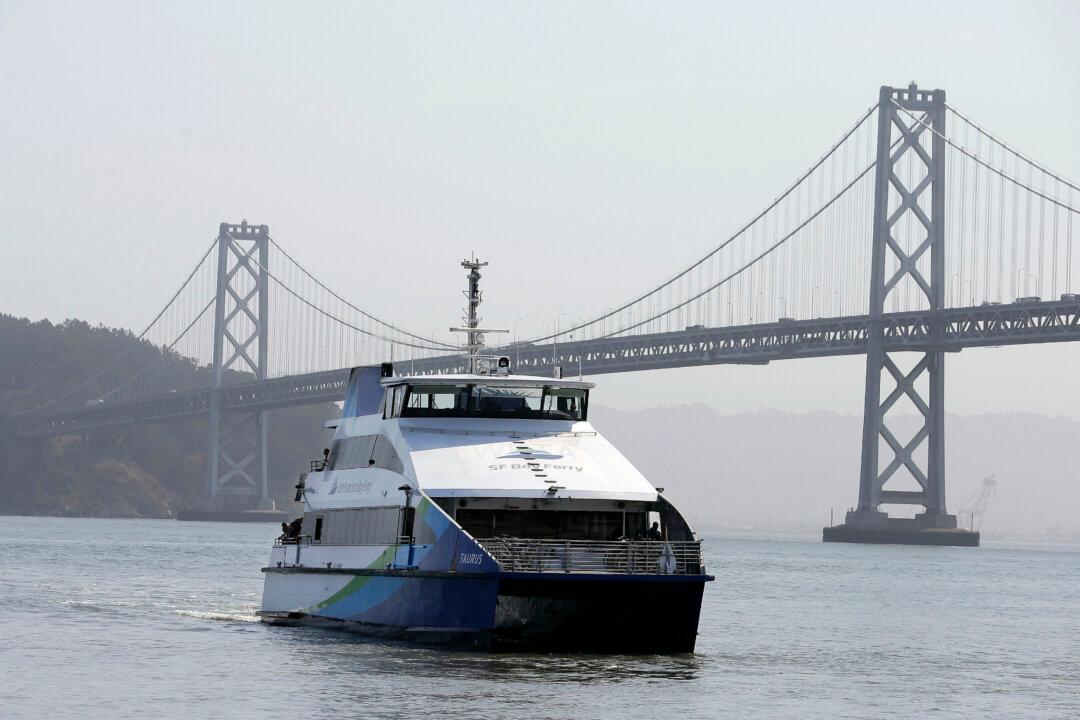The city of Oakland, California, is suing agricultural giant Monsanto for allegedly contaminating storm water and the San Francisco Bay with toxic chemicals for decades.
Oakland City Attorney Barbara Parker, in a lawsuit filed Nov. 10, wants the firm to pay for the environmental cleanup. It comes after the State Water Resources Control Board determined that there was a presence of highly toxic polychlorinated biphenyl (PCBs) in Oakland’s storm water, which threatens the local ecosystem.
Monsanto produced PCBs for about 50 years until the U.S. Congress banned the chemicals in 1979, as they endanger human health and the environment. PCBs were inserted into electrical equipment, paints, caulks, and building materials for decades.
“The company that is responsible for this vast contamination should bear the burden of cleaning up our environment, not the taxpayers of Oakland and California,” City Attorney Parker said in a statement. “Monsanto knew that its products posed a significant threat to human and environmental health around the world. However, the company chose profits over protecting people, and American cities and citizens are still suffering the consequences.”






